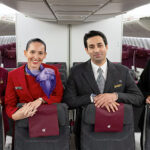
QANTAS: Domestic cabin crew to take industrial action?
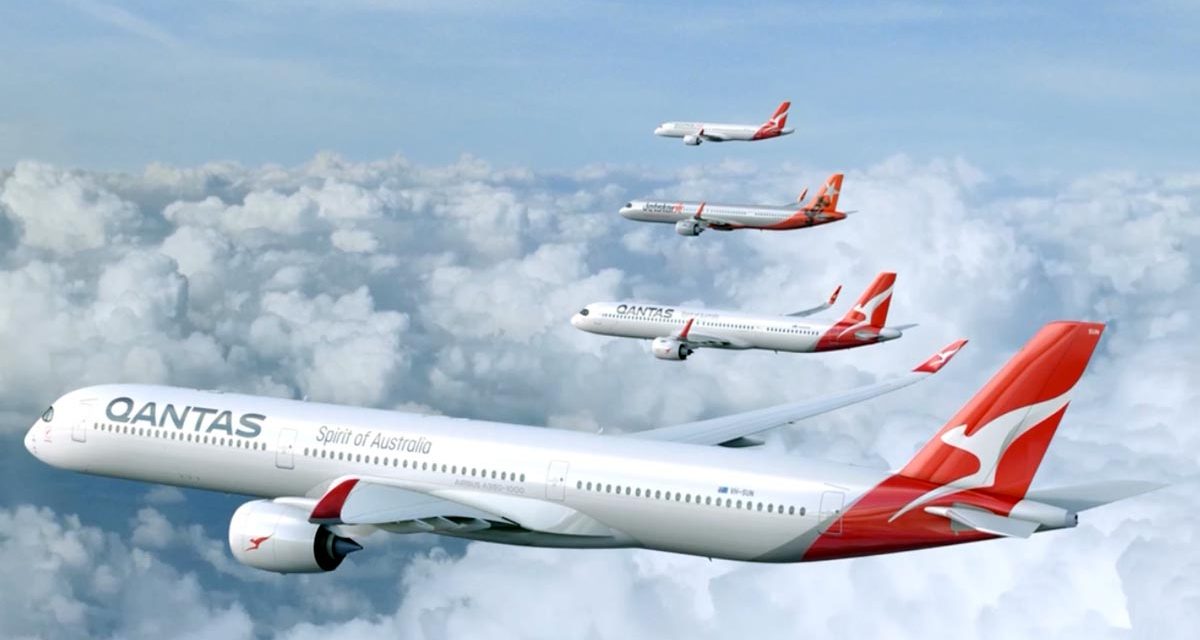
UPDATE:
Qantas just announced an expectation of an underlying profit of AU$1.2 to AU$1.3 Billion for the half year to December 2022, and equally suddenly, upped its pay offer to cabin crew from 2% to 3%, as long as they still agree to a 2-year pay freeze, and take an AU$5,000 bonus/bribe and 1,000 Qantas shares. It’s a better offer, but the FAAA still doesn’t think it’s enough.
PREVIOUSLY:
Cabin crew have long complained of fatigue, and have been concerned at the Qantas culture of outsourcing, and it looks like they plan to do something about it.
The flight Attendants Association of Australia (FAAA), or at least about 200 of them have applied to the Fair Work Commission to vote on protected industrial action if the union and Qantas can’t come to an agreement on the interminable enterprise agreement negotiations which began back in 2019.
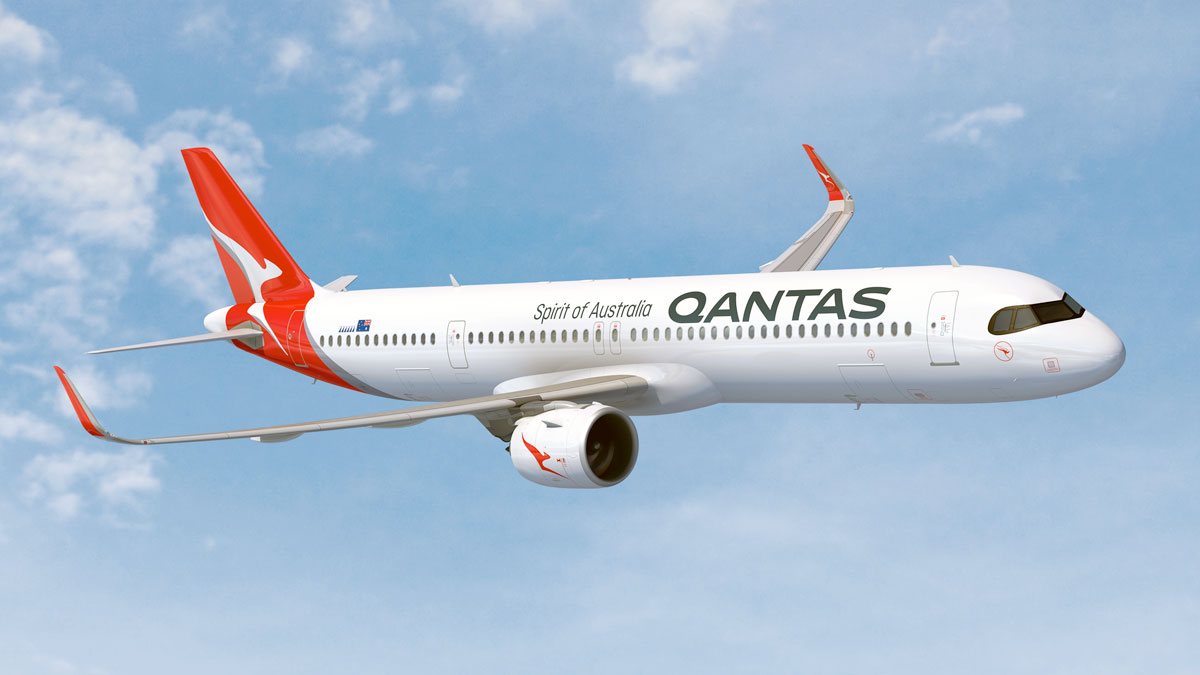
Content of this Post:
The sticking point
What appears to be the sticking point is the Qantas demand that flight attendants increase the hours they can be called on to operate when the airline moves to a fleet of Airbus A321s starting in late 2023 – just about a year away. Qantas wants to reduce the crew’s rest period to 10 hours if it needs to and compensate them by paying overtime. Qantas never threatens without a plan ‘B’ and in this case, it has a backup of staffing the planes using other employment entities in the Qantas group.
What the FAAA wants
The unions see this as sacrificing safety and want a 6% pay rise in the 5th year of the agreement, followed by 2 years of 3.5% increases.
What Qantas wants
Qantas says the shift conditions mirror other domestic airline agreements (where the FAAA is also an involved party), and wants a 7-year agreement, with a 2-year wage freeze (already observed during the pandemic, and then 2% increases over the next 4 years

2PAXfly Takeout
This is another timely reminder to wear your seatbelt when seated. Holding you close to your seat will protect you from the sort of injuries sustained on this flight, when unsecured passengers flew to the ceiling of the aircraft, and then came crashing down once the ‘drop’ ceased.
The hope will be that this is an anomaly – a ‘freak accident’ in casual parlance. If it is a systemic error either mechanical or electronic, then this is a larger concern for the airlines that fly Boeing Dreamliner 787 aircraft. Let’s hope it isn’t. If it is, it will pile on the woes to Boeing’s existing stack.
Industrial negotiations are littered with exaggerations, posturing, tactics and occasionally facts. Qantas has form in this area, famously shutting down the airline completely in 2011 to make an industrial point, leaving thousands of customers stranded around the world.
Despite the negotiation points and posturing about safety, on the surface, it looks like this boils down to a simple pay dispute – Qantas wants to mostly pay less, and the FAAA wants its members to earn more. My issue is, this does not make for happy staff, and happy staff make for better service and customer experience. So, I just say to both parties – sort it!


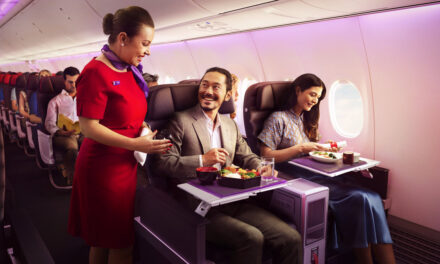
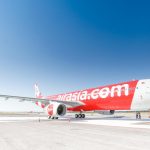

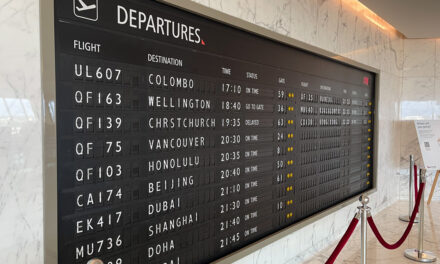
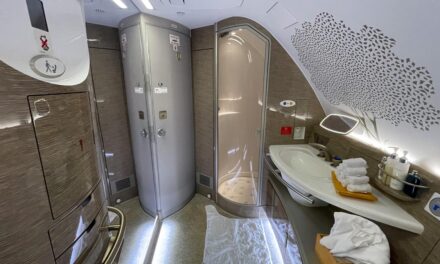
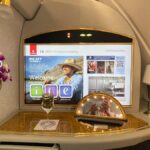
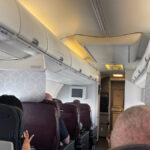



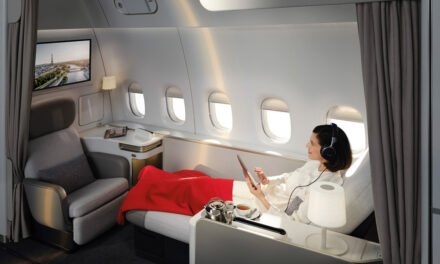
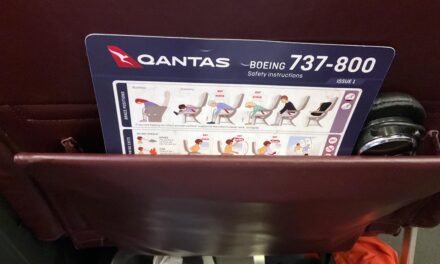
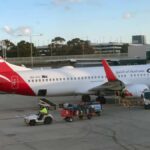

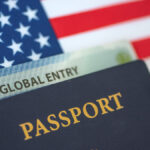


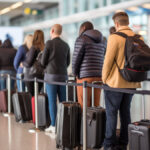
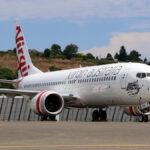

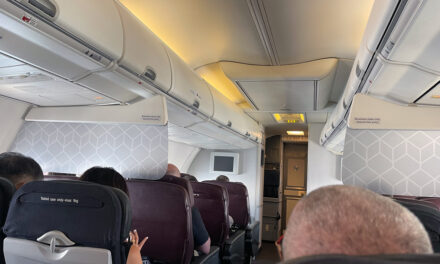



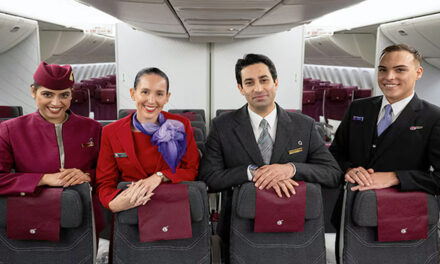
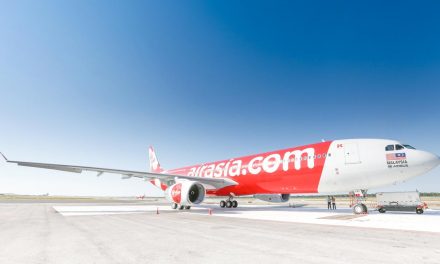






What did you say?